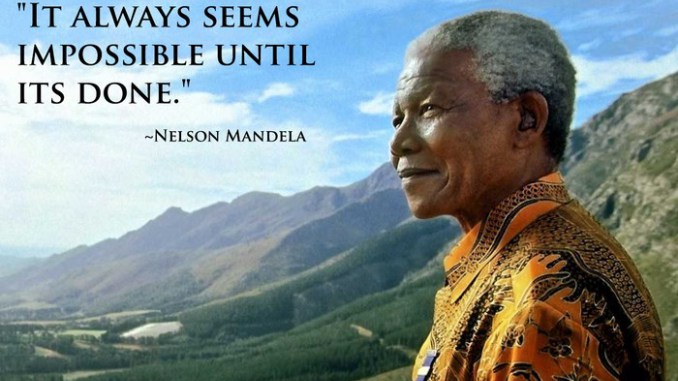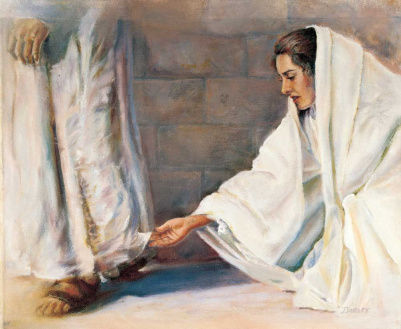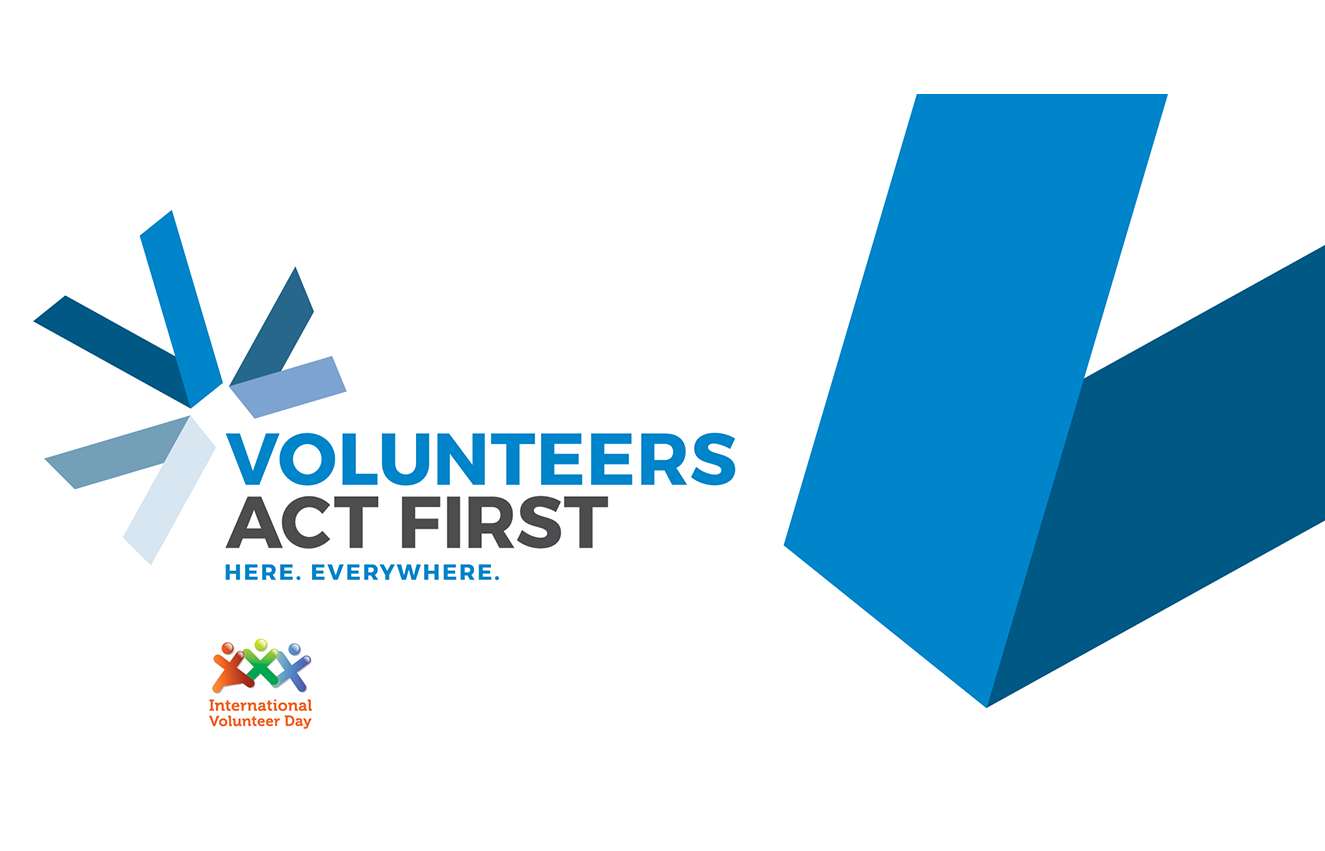 Nelson Mandela International Day, also known as Mandela Day, is held on July 18 each year. The day remembers Mandela’s achievements in working towards conflict resolution, democracy, human rights, peace, and reconciliation.
Nelson Mandela International Day, also known as Mandela Day, is held on July 18 each year. The day remembers Mandela’s achievements in working towards conflict resolution, democracy, human rights, peace, and reconciliation.
Background
Nelson Mandela was born in Transkei, South Africa, on July 18, 1918. He is one of the most well-known anti-apartheid activists in South Africa. He was jailed in 1963 for leading the liberation movement against apartheid and for his stance on the human right to live in freedom.
Mandela’s prisoner number was 466 and the year was 1963 when he was imprisoned on Robben Island, off Cape Town in South Africa. The Robben Island prisoners were never referred to by their names, but rather by their numbers and year of imprisonment – hence 46664 was Nelson Mandela’s number. His release from prison in 1990 fed political debates in the country and contributed to South Africa’s transition towards a multi-racial democracy.
After his release, Nelson Mandela continued addressing racial issues in his country and supported reconciliation initiatives. His efforts resulted in him becoming elected as South Africa’s president in 1994. He remained in office as president until 1999. He also won the Nobel Peace Prize, together with another former South African president Frederik Willem de Klerk, in 1993. In 2007 Mandela formed the Elders, an independent group of global leaders who offer their influence and experience to support peace building, help address major human suffering causes and promote shared interests of humanity.
The first Mandela Day was launched in New York on July 18, 2009, but the UN’s resolution to declare the day occurred later that year. On November 10, 2009, the United Nations General Assembly adopted a resolution declaring July 18 as “Nelson Mandela International Day”. The day marks Nelson Mandela’s contribution to peace through his active involvement in resolving conflicts, promoting human rights, international democracy and reconciliation, and in addressing racial issues.
Source : Text: www.timeanddate.com Image: Whatsaap Messages Status DP



 Children orphaned by AIDS are just a fraction of the problem, as millions more have been made vulnerable. Behind the statistics are millions of stories of human suffering. The AIDS crisis has a catastrophic impact on households and communities – deepening poverty and exacerbating hardships. More than 95 percent of children affected by AIDS, including orphans, continue to live with their extended families. However, these families are increasingly overwhelmed by poverty and struggle to protect and raise the children in their care.
Children orphaned by AIDS are just a fraction of the problem, as millions more have been made vulnerable. Behind the statistics are millions of stories of human suffering. The AIDS crisis has a catastrophic impact on households and communities – deepening poverty and exacerbating hardships. More than 95 percent of children affected by AIDS, including orphans, continue to live with their extended families. However, these families are increasingly overwhelmed by poverty and struggle to protect and raise the children in their care.